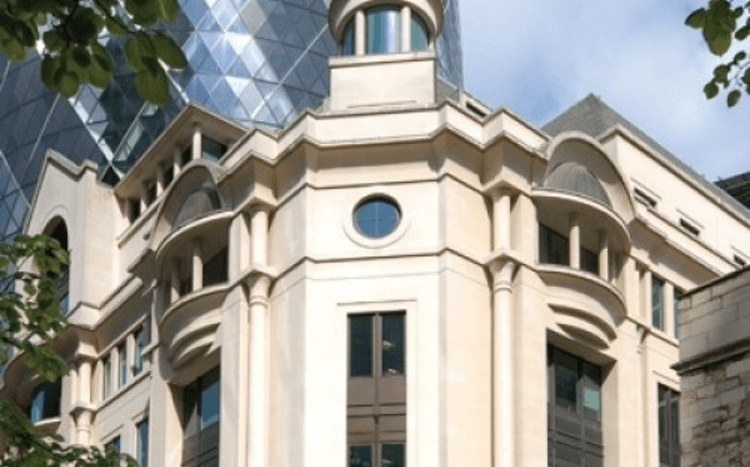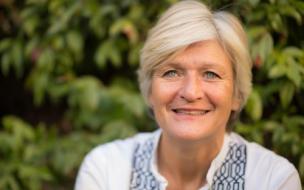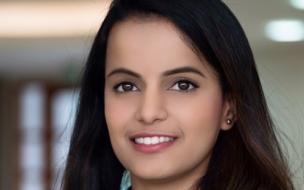The Gherkin towers over the School while Lloyds of London lies opposite. Having been granted degree-awarding powers two and a half years ago, the business school opened in 2008. But, for most people BPP is still synonymous with providing professional training in accountancy and law, something it has been doing successfully for almost 35 years.
Lack of brand in the business school arena has been the biggest bugbear for Professor Chris Brady, Dean of BPP Business.
“Because BPP is concentrated on two sectors, they think internally that everybody knows BPP,” says Brady, the former business school dean at Bournemouth University. “Outside of those two sectors nobody knows BPP. We just need to build that reputation so that everybody is like ‘Ah, that’s the place.’”
To overcome these challenges Brady plans to trade on the strong reputation of its accountancy and law programmes, price its fees competitively – the MSc in Management costs £11,750 in 2009-2010 - and allow international students to pay the same fees as home students.
BPP’s unique relationships with firms in the financial and legal industries have been advantageous to the business school, allowing it to develop the curriculum in a way that is applicable and relevant, says Brady.
“Cass’s MSc is probably £18k ... so we are trying to compete on quality with Cass and on price we are Westminster,” says Brady, the former associate dean of Cass business school. “We think we have a better proposition than both of those because we’ve got the same quality as Cass but cheaper price, better quality than Westminster around the same price."
Despite branding issues, there are just over 1,000 students currently enrolled in the school coming from both the UK and broad.
Flexibility is another weapon in Brady’s arsenal to encourage students to the school.
“You can do the general MBA but also do some modules in the business of law as opposed to the law itself and that would position you to work as the managing director of a law firm,” he says.
The school’s flexible learning policy means lessons are available online making the ‘I-missed-the-lecture’ excuse redundant.
Rotimi Atotileto, an MSc student in Finance and Investment, chose the business school having been impressed with his previous experience with BPP while acquiring ACCA qualifications.
“The programme is quite flexible: you can switch from part-time to full-time and vice-versa,” says Atotileto, who plans to land a job as a fixed income trader after graduation. Using industry-standard software such as Bloomberg has confirmed that BPP was right for Atotileto.
“Before I went to BPP, I’d never used Datastream [a financial statistics database from Thomson Reuters]. It’s something else to put on my CV,” he says.
Post graduate courses include Master of Science degrees in Marketing, Finance and Investment, and Management; Postgraduate Certificates and Diplomas in Management, Marketing, Finance and Investment and Human Resources Development or Management; as well as a roster of CIM and CIPD programs. A general MBA and BSc in Business Studies launches this year.
It is not just the programs and price that might attract students. The school’s location fits in with Brady’s mantra of “Align, form and function.” Further evidence of Brady’s mantra is demonstrated inside the school. Especially with the trader’s pit where students put into practice their theory-based knowledge.
Brady once taught Roy Keane, former Manchester United captain, on a Premiership League football manager’s course.
But what is he looking for in prospective students? A degree from a top university, a wealth of experience or internships at leading banks?
“Street-smart,” Brady shoots back. “We are not obsessed with where they came from, we are obsessed with where they are going.”
RECAPTHA :
27
48
85
43







